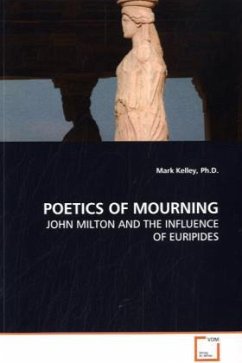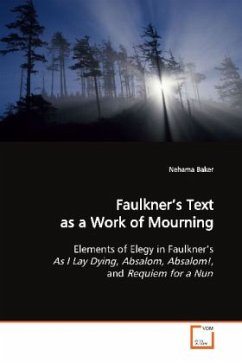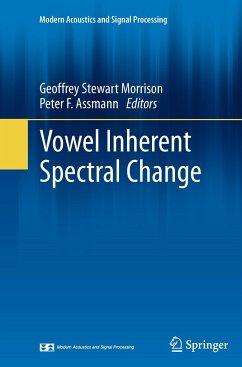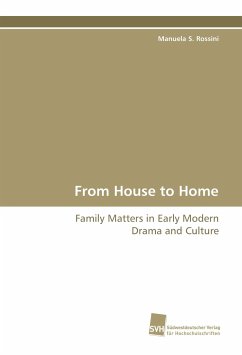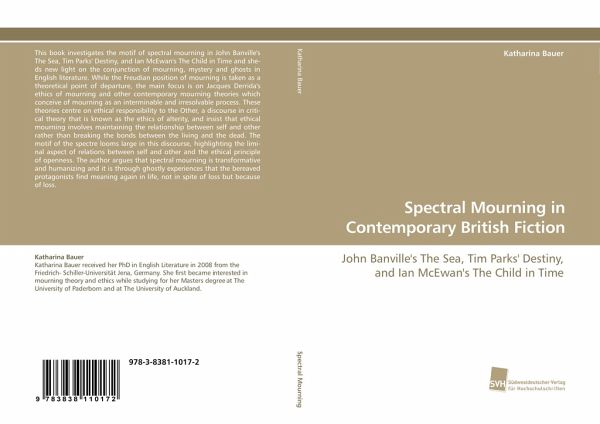
Spectral Mourning in Contemporary British Fiction
John Banville's The Sea, Tim Parks' Destiny, and Ian McEwan's The Child in Time
Versandkostenfrei!
Versandfertig in 6-10 Tagen
89,90 €
inkl. MwSt.

PAYBACK Punkte
0 °P sammeln!
This book investigates the motif of spectral mourning in John Banville's The Sea, Tim Parks' Destiny, and Ian McEwan's The Child in Time and sheds new light on the conjunction of mourning, mystery and ghosts in English literature. While the Freudian position of mourning is taken as a theoretical point of departure, the main focus is on Jacques Derrida's ethics of mourning and other contemporary mourning theories which conceive of mourning as an interminable and irresolvable process. These theories centre on ethical responsibility to the Other, a discourse in critical theory that is known as th...
This book investigates the motif of spectral mourning in John Banville's The Sea, Tim Parks' Destiny, and Ian McEwan's The Child in Time and sheds new light on the conjunction of mourning, mystery and ghosts in English literature. While the Freudian position of mourning is taken as a theoretical point of departure, the main focus is on Jacques Derrida's ethics of mourning and other contemporary mourning theories which conceive of mourning as an interminable and irresolvable process. These theories centre on ethical responsibility to the Other, a discourse in critical theory that is known as the ethics of alterity, and insist that ethical mourning involves maintaining the relationship between self and other rather than breaking the bonds between the living and the dead. The motif of the spectre looms large in this discourse, highlighting the liminal aspect of relations between self and other and the ethical principle of openness. The author argues that spectral mourning is transformative and humanizing and it is through ghostly experiences that the bereaved protagonists find meaning again in life, not in spite of loss but because of loss.



